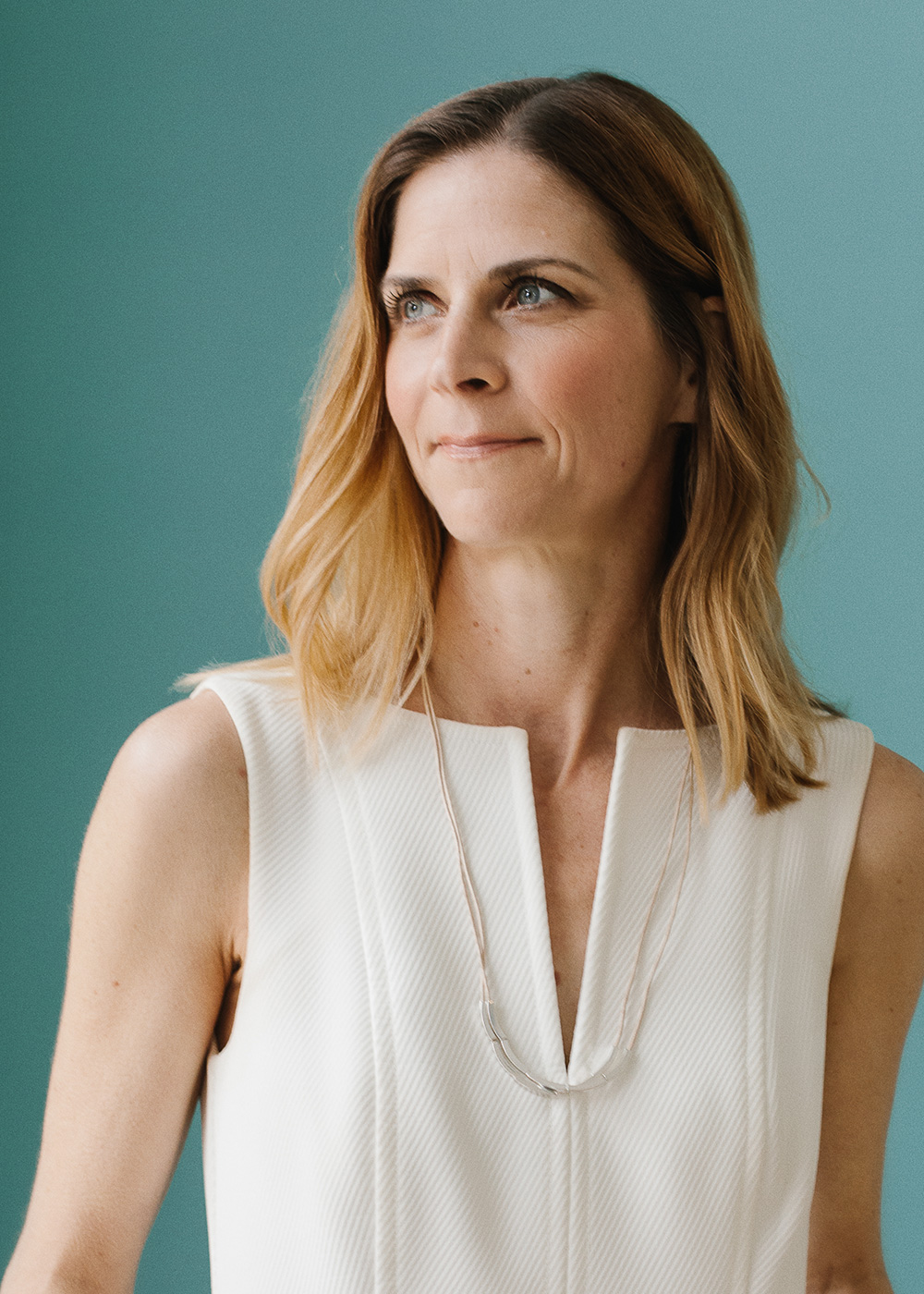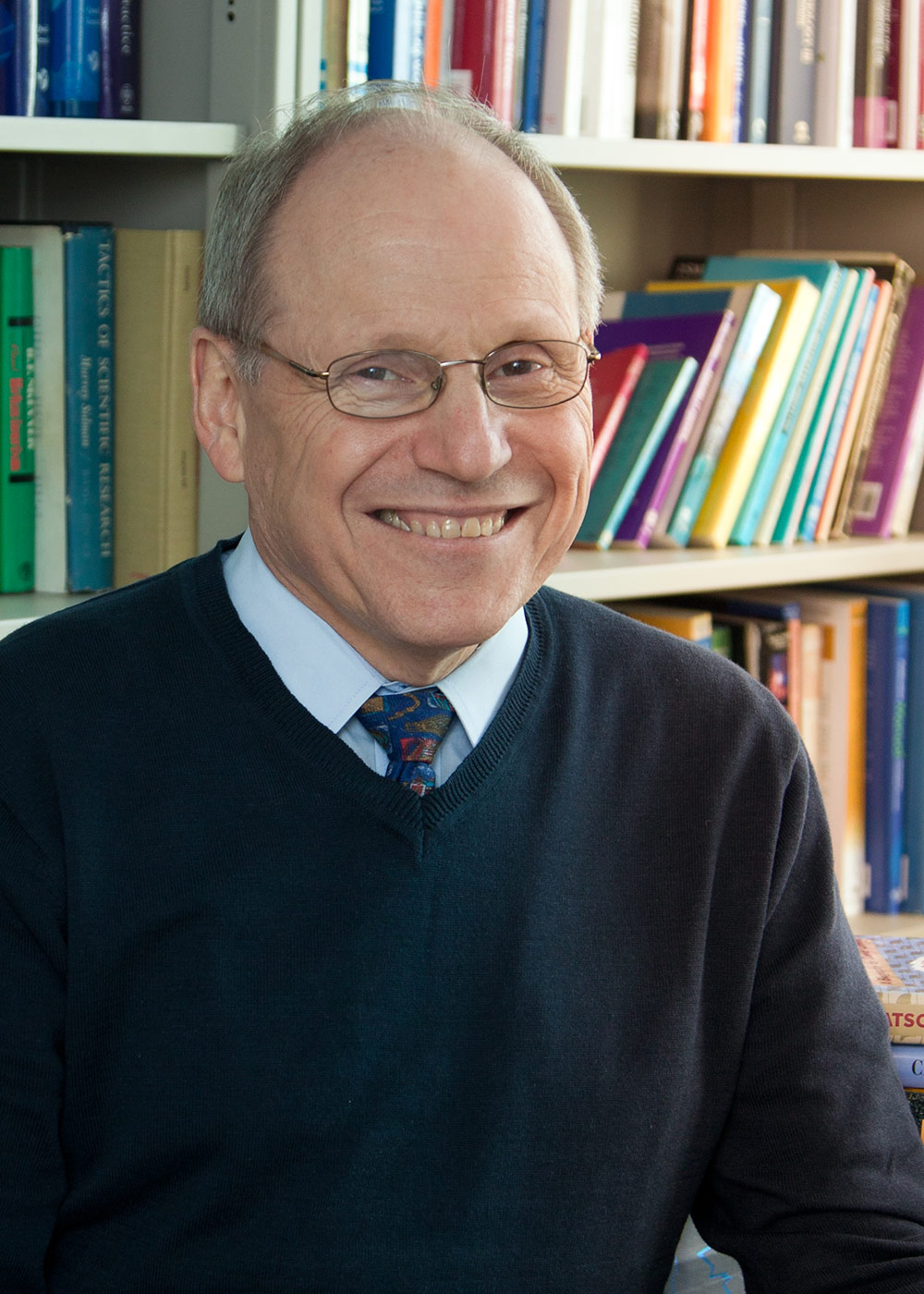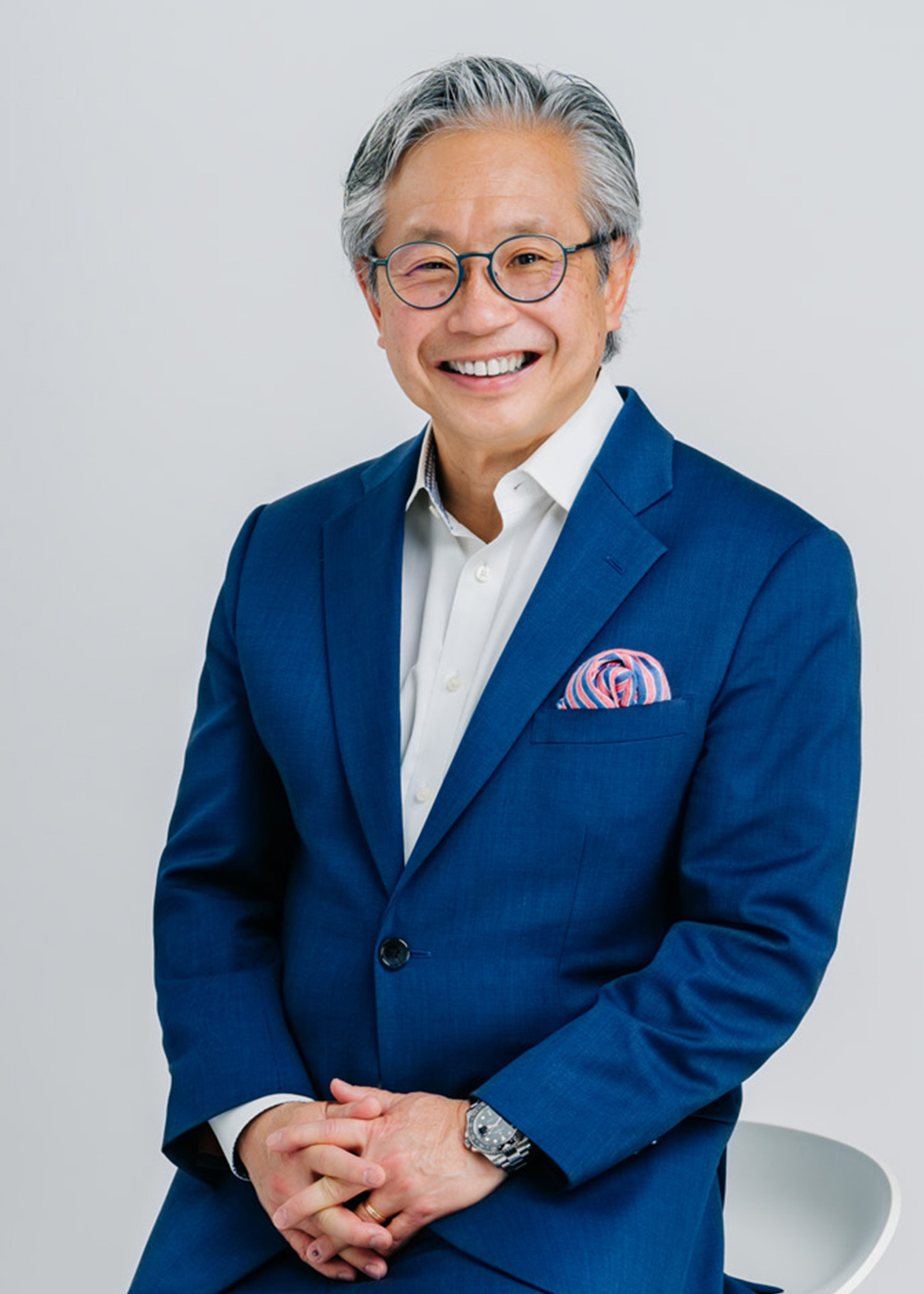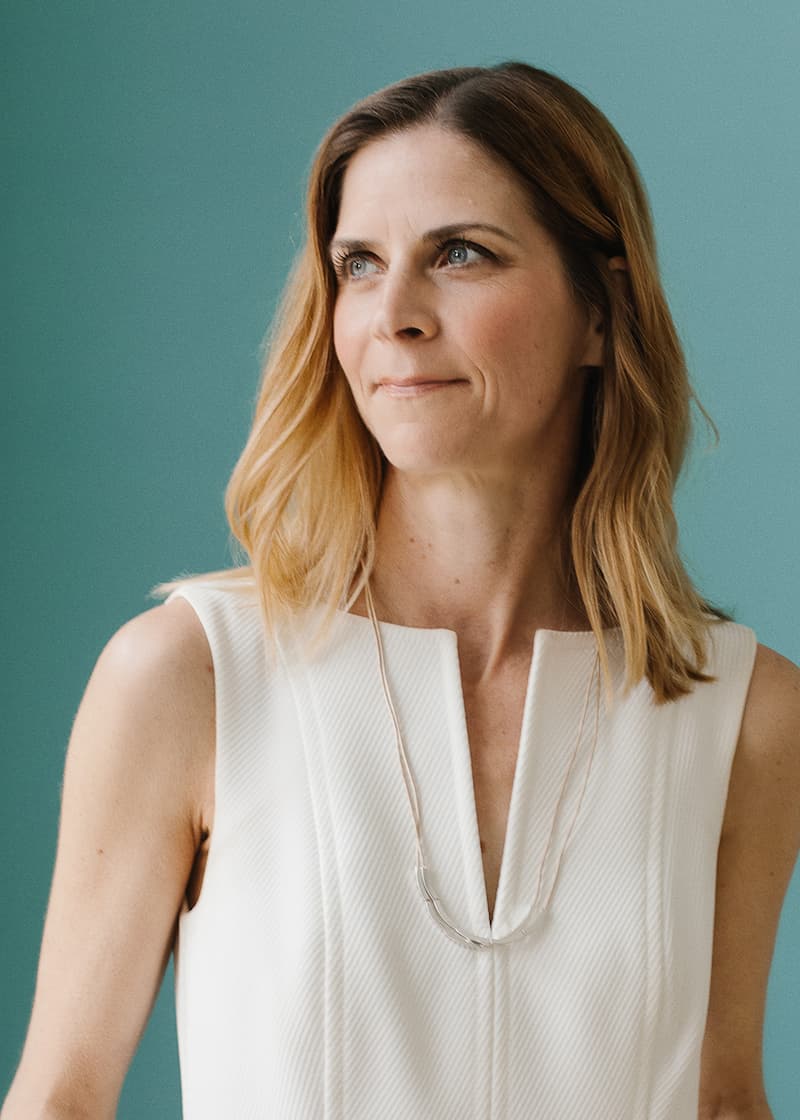
Take care while taking charge
“The role of the leader has evolved. I don't know if it's a wholesale evolution, but, certainly, pockets of leadership have evolved. I've definitely seen a shift from ‘I'm the leader, I'm driving results,’ to ‘I'm the leader, I'm caring for our people.’ And to me, the cool thing is that when leaders care for their people, results usually follow. I think that's been a very positive shift.”
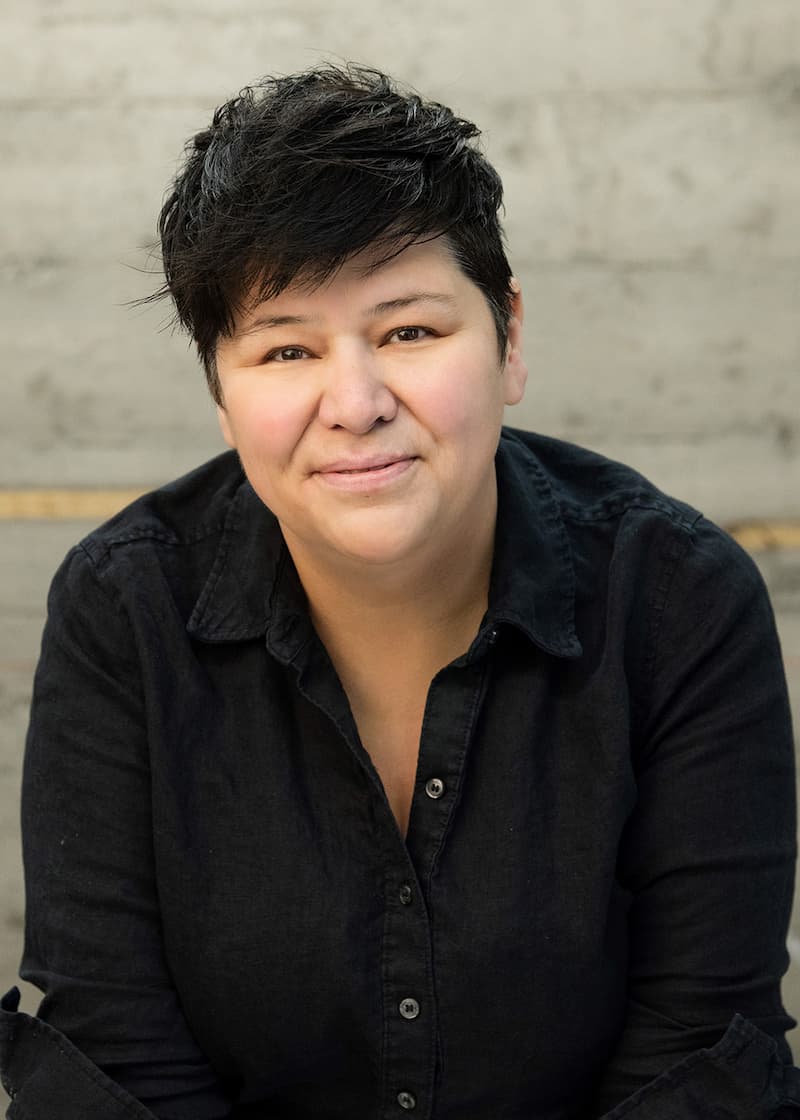
Get the power of people
“When I was working for other people, I didn’t feel supported by a lot of my leaders. I felt I was just another number. So when I created Virtual Gurus, I wanted to be totally different. My belief is that everybody here brings value to this company, regardless of what they do.
“Lately, I’ve noticed that a lot of companies are adopting the same kind of model: They’re letting their people speak out, hearing them, understanding them, bringing the diversity angle into it, and really letting them be a part of the decision process. I see it in the startup and tech worlds, where we operate, but I also see it in corporations, in oil and gas, in consulting. People are really trying to create a community environment in the workplace. I think that’s a big change.”
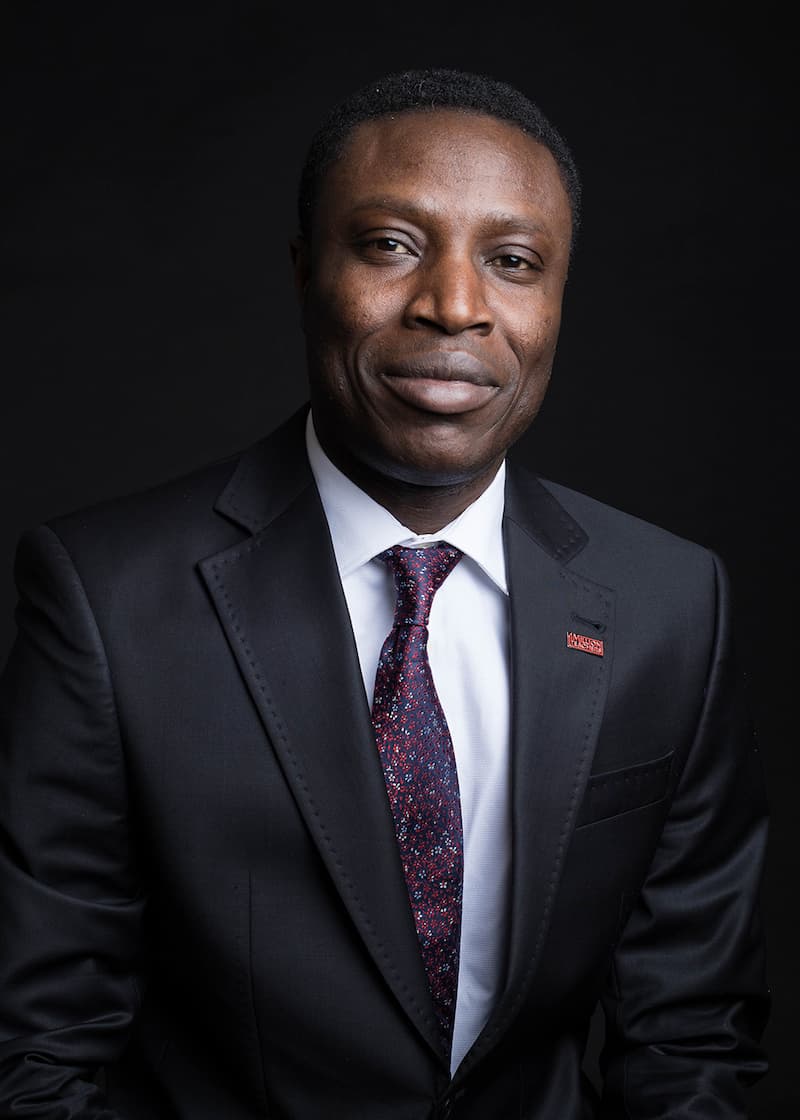
Know they don't know it all
“Leaders used to come in as people with authority. That doesn’t work today because the people they are leading know their stuff and have strong opinions. They’re knowledgeable about social issues; they think about the kind of organizations they want to work with.
“I'm beginning to see a lot of leaders checking their egos at the door. They are learning to say they don’t have all the answers. They are learning to be vulnerable. This can be challenging. I frustrate my team all the time when they ask what we are going to do and I answer ‘I don’t know.’ But we shouldn’t be afraid to show vulnerability. It makes us more human. And people will step up to help.
“I see the role of a good leader as a facilitator—somebody that shows that smart, talented people are able to try when they come to an organization, that they have a good reason to come back tomorrow, and that they love what they're doing.”
How we got here
These redefinitions of leadership are significant, but they haven’t come out of nowhere. We asked Julian Barling, Professor of Organizational Behaviour and Borden Chair of Leadership at Smith School of Business, to explain and contextualize the changes.
How has the role of business in society evolved since you started your career?
“Let’s go back to 1976. It was the year I got my first academic job. It was also the year Milton Friedman won the Nobel Prize for economics. The idea with which he is most credited—or today, I would say discredited—is the idea that business had only one duty, and that was to enrich shareholders, and the extent to which CEOs deviated was a deviation from the very purpose of business. He had a tremendous influence on at least a generation.
“But by the late 2000s, we started to see this change. People were having conversations about whether we should be thinking about stakeholders, in the broadest possible sense, instead of just shareholders. Since then, there has been a sea change.”
How would you characterize that change?
“Today, businesses are seen as part of the larger world. There’s an understanding that it makes no sense to make money if you're destroying people's lives, if you're destroying the environment, if you're destroying the potential for that very business to have a sustainable future. The perspective has literally changed 180 degrees.
“As a result, business leaders now have a responsibility that extends beyond the organization, and—in the larger sense—beyond the present, into future generations. They occupy a pivotal place in society.
“In 1976, this expectation was not on the agenda in any way, shape, or form. In fact, I wouldn’t hesitate to suggest that leaders who might have thought about things beyond the business were probably putting their positions in peril. They would have been seen as radicals and extremists.”
What do you think this means for individual leaders?
“I’m seeing business leaders starting to take what I would call a soft activist role. They are now often in the position of putting pressure on governments. Let’s use the example of climate change: It might be a bold prediction, but I think that it's going to be businesses that will be pushing governments to move the needle on climate. And they're going to need to do that, because acting in a non-sustainable manner is becoming increasingly bad for their businesses.
“And I think as a result of this shift, what we look for in our CEOs is different. It's not simply going to be the best finance mind or the best leverage artists. It's going to be people who can take on soft activist roles, community roles, influence roles. Leaders who have true internal strength, who have humility, who have an appreciation of others. And they're going to be hiring other people to do the finance, the economics and so forth.
“So I think that we're at the start of something meaningful and important, and it's going to change the business landscape in a relatively short period of time—I’m talking a decade.”
Today's leaders are stewards
Alvin Michael Hew has been on the front lines of business’s evolution for nearly four decades, having held executive roles at such global corporations as L’Oreal and Procter & Gamble around the world. Today, he is based in Singapore, and continues to wear many hats, as Group Managing Director of Southgate Ventures and an Independent Non-Executive Board Director at Malaysian telecom Maxis, and oil and gas giant Petronas. Here, he offers his view on the responsibility of leaders today.
Explore Another Chapter
This is business now
The world is facing some big problems. How do these issues affect businesses? And what’s their role in creating solutions?
Learn MoreIt's a hard time to be in business
Not only must leaders understand the scope of problems not traditionally in the purview of commerce, they must be prepared for their organizations to play active roles in solving them.
UnderstandHow to contribute with impact
It’s now extremely important—strategically and practically—for business organizations to get involved in causes. But it’s rarely as straightforward as it might seem.
InvestigateWhy silence isn't an option
When something big happens, people want to know what business leaders have to say about it. Sometimes that’s an easy call. But often it’s not.
ExploreWhat tomorrow's leaders need
The redefinition of commerce and the roles of the people who lead it carries tremendous promise of a brighter, greener, fairer future.
DiscoverWho is the leader of the future?
Expectations facing leaders change with the times. Agile, authentic, dependable—what should the leader of the future be?
Have Your Say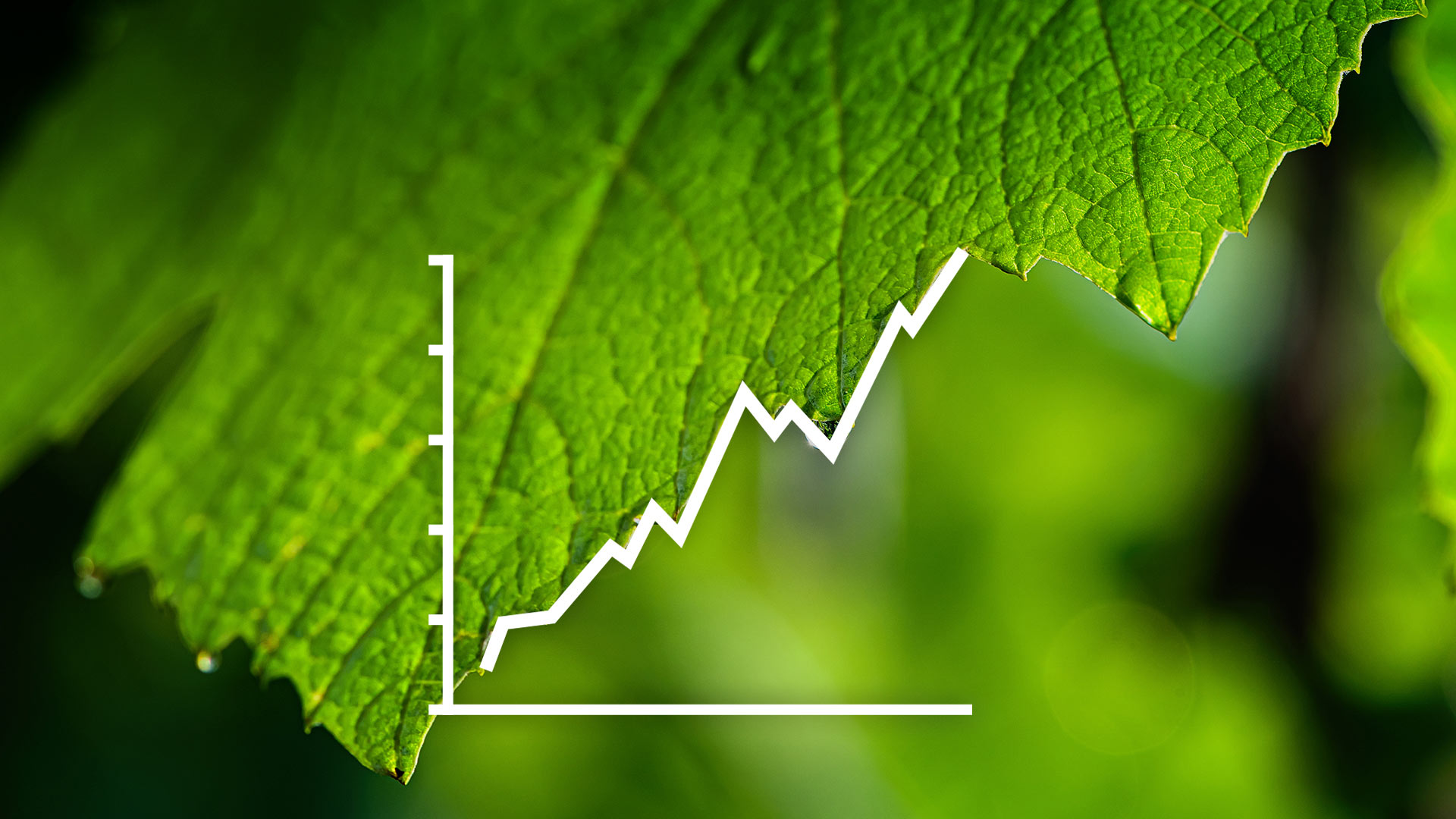
Subscribe to the Newsletter
The Smith Business Insight newsletter offers you cutting-edge research, opinions, and advice from world-renowned experts — delivered straight to your inbox.
